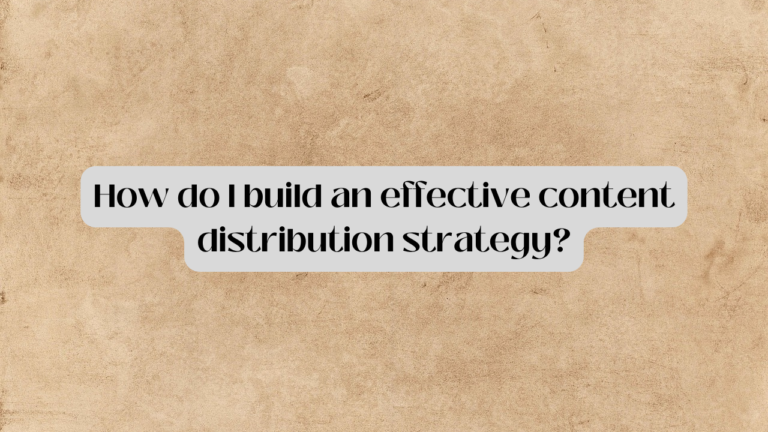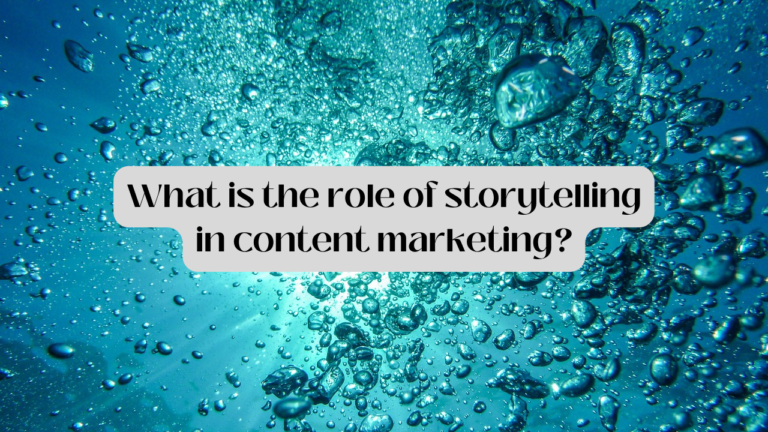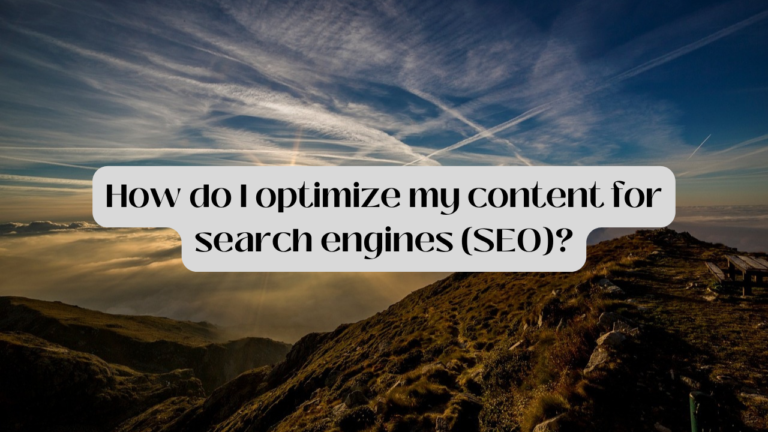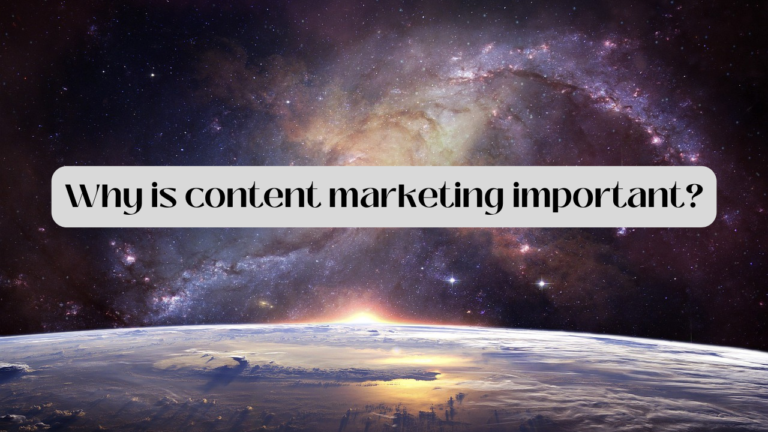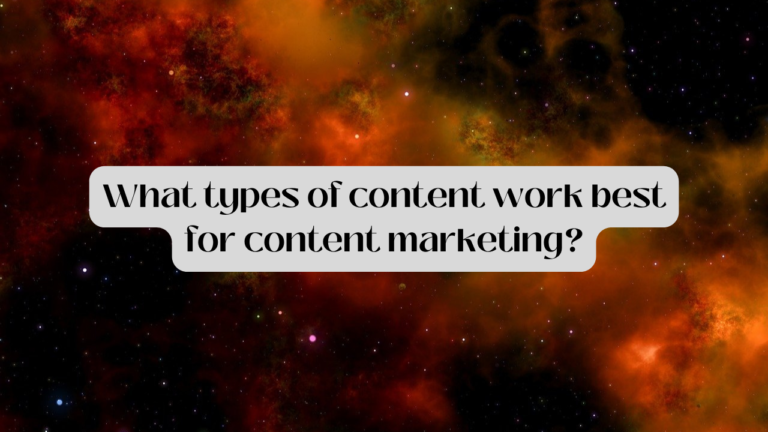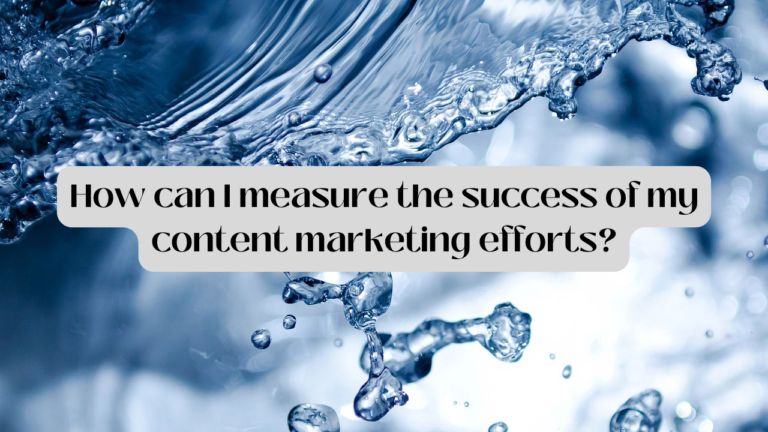What Are The Benefits Of Content Marketing?
In an ever-evolving digital landscape, businesses are constantly seeking innovative strategies to connect with their target audience, build brand authority, and ultimately drive conversions. Among the arsenal of modern marketing techniques, one approach has emerged as a driving force behind successful online engagement: content marketing. This dynamic strategy involves the creation and distribution of valuable, relevant, and consistent content to attract and retain a clearly defined audience. From increasing brand visibility to nurturing customer relationships, content marketing has proven to be a pivotal tool in the marketer’s toolkit. In this comprehensive article, we delve into the benefits of content marketing and address some frequently asked questions to provide researchers with a thorough understanding of its impact.
The Benefits of Content Marketing
1. Enhanced Brand Awareness
Effective content marketing serves as a beacon for potential customers seeking solutions or information within a particular niche. By consistently producing high-quality content that aligns with user needs, brands can position themselves as authoritative sources within their industry. This heightened visibility not only increases brand recognition but also fosters trust and credibility among the target audience.
2. Audience Engagement and Education
Content marketing goes beyond mere advertisements; it engages the audience by providing valuable insights, knowledge, and entertainment. Through informative articles, videos, infographics, and more, brands can address pain points and offer solutions, effectively educating their audience while keeping them engaged. This engagement can lead to stronger customer loyalty and advocacy.
3. Lead Generation and Conversion
Compelling content has the potential to convert passive viewers into active leads. By strategically integrating calls-to-action (CTAs) within their content, businesses can guide users toward valuable resources or solutions that require providing contact information. This process not only generates leads but also nurtures them through the sales funnel, resulting in higher conversion rates.
4. Improved SEO and Organic Traffic
Search engines reward websites with relevant and high-quality content by ranking them higher in search results. Content marketing allows brands to optimize their websites for search engines by incorporating keywords, generating backlinks, and encouraging social shares. This, in turn, leads to increased organic traffic, which can yield sustained long-term results.
5. Cost-Effectiveness
Compared to traditional advertising methods, content marketing offers a cost-effective approach to reaching a wider audience. Creating evergreen content (content that remains relevant over time) can continue to attract and engage users without incurring ongoing expenses, making it a sustainable investment.
6. Building Authority and Thought Leadership
Consistently publishing insightful content establishes a brand as an authority in its field. This positioning not only attracts customers but also opens doors for partnerships, collaborations, and speaking opportunities. Thought leadership contributes to a brand’s credibility, making it a go-to source for industry-related information.
Frequently Asked Questions (FAQs)

Q1. What types of content are suitable for content marketing?
A1. Content marketing encompasses a wide range of formats, including blog posts, articles, videos, podcasts, infographics, ebooks, whitepapers, webinars, and social media posts. The choice of content type should align with the preferences of the target audience and the brand’s messaging.
Q2. How does content marketing differ from traditional advertising?
A2. Content marketing focuses on providing value and building relationships with the audience through informative, entertaining, or educational content. Traditional advertising primarily promotes products or services directly. Content marketing aims to create a genuine connection, while traditional advertising aims for immediate sales.
Q3. What role does storytelling play in content marketing?
A3. Storytelling is a powerful tool in content marketing, as it helps create an emotional connection between the brand and the audience. Narratives make content relatable and memorable, enhancing engagement and brand recall.
Q4. How can I measure the effectiveness of my content marketing efforts?
A4. Key performance indicators (KPIs) for content marketing include website traffic, time on page, bounce rate, social shares, engagement metrics (likes, comments, shares), lead generation, conversion rates, and customer retention. Analyzing these metrics can provide insights into the impact of your content.
Q5. Is content marketing suitable for all businesses?
A5. Yes, content marketing can benefit businesses of all sizes and industries. The strategy’s flexibility allows customization to fit various goals and target audiences. Whether you’re a B2B or B2C company, content marketing can play a significant role in your marketing strategy.
Conclusion
Content marketing has emerged as a driving force in modern marketing strategies, offering a plethora of benefits to businesses looking to connect with their audience in a meaningful way. From boosting brand awareness to driving conversions and building thought leadership, its impact is undeniable. By harnessing the power of valuable, relevant content, businesses can create lasting relationships, foster trust, and position themselves at the forefront of their industry. As the digital landscape continues to evolve, content marketing remains a steadfast strategy for achieving long-term success.
